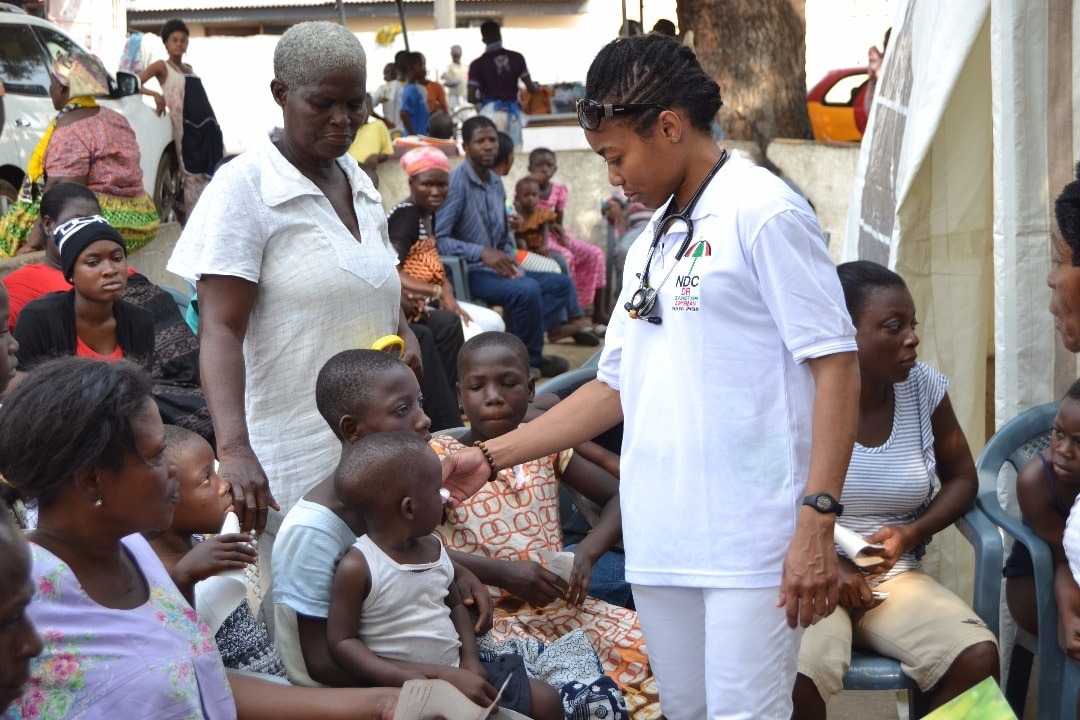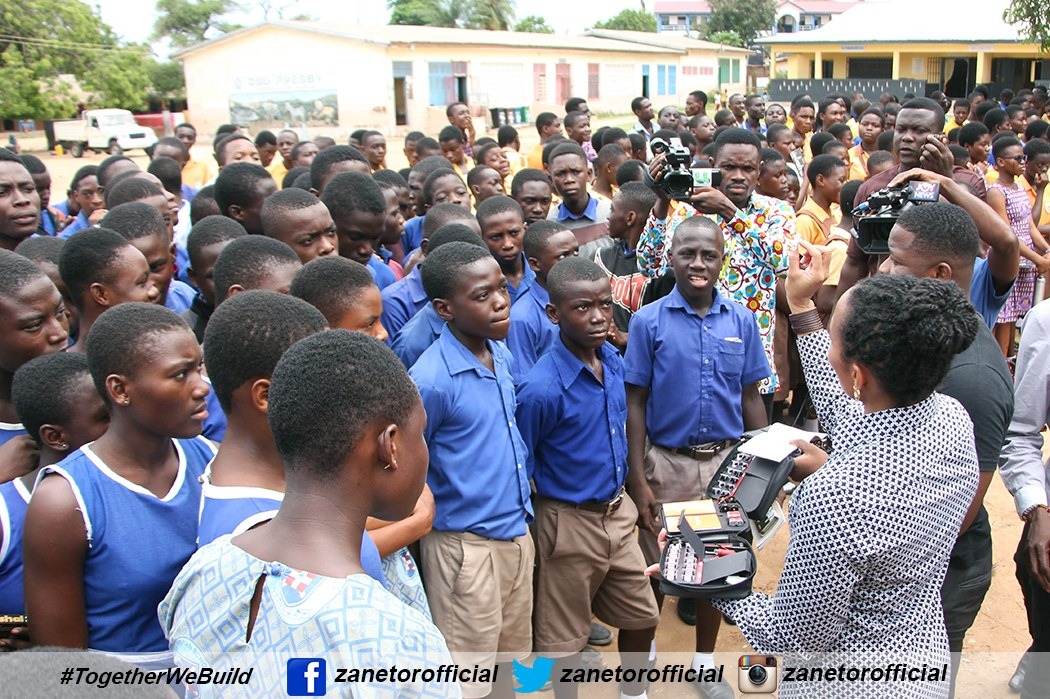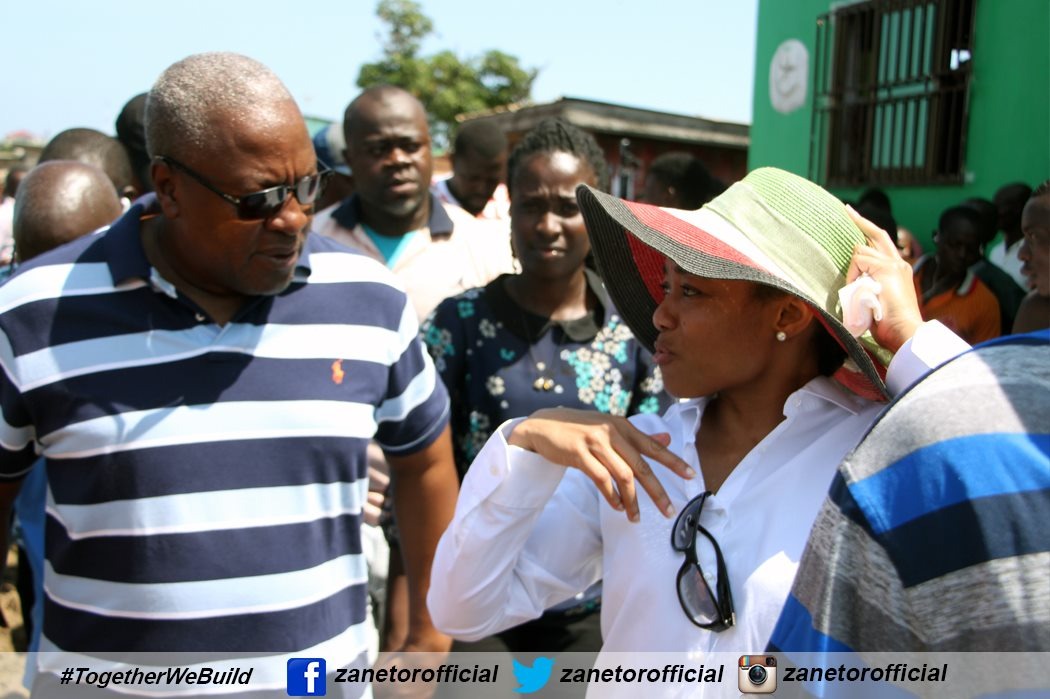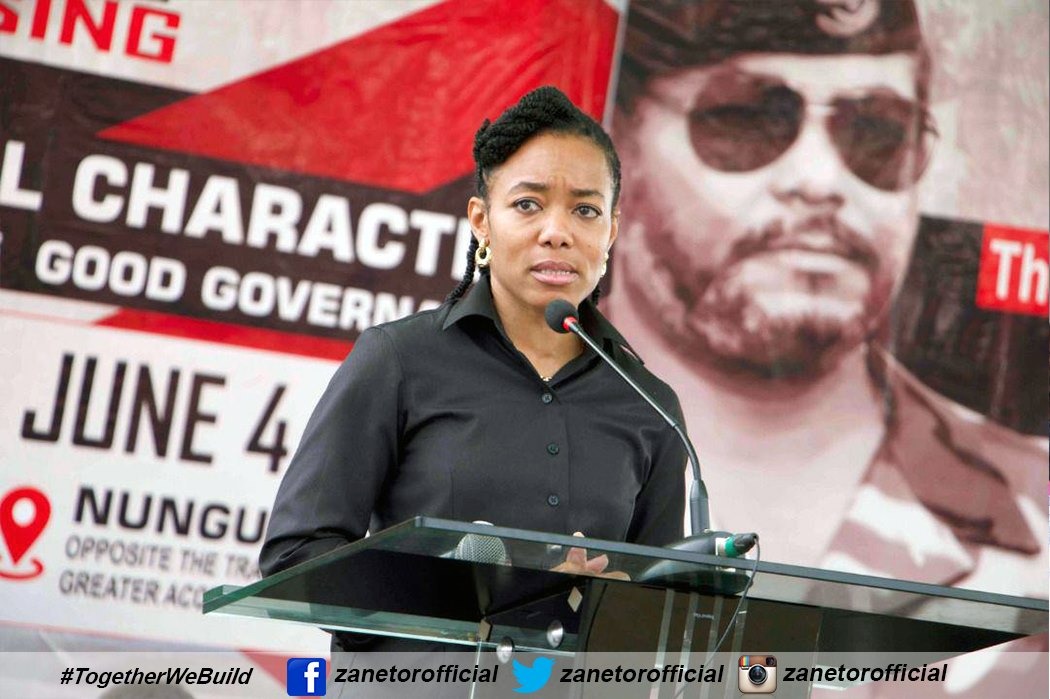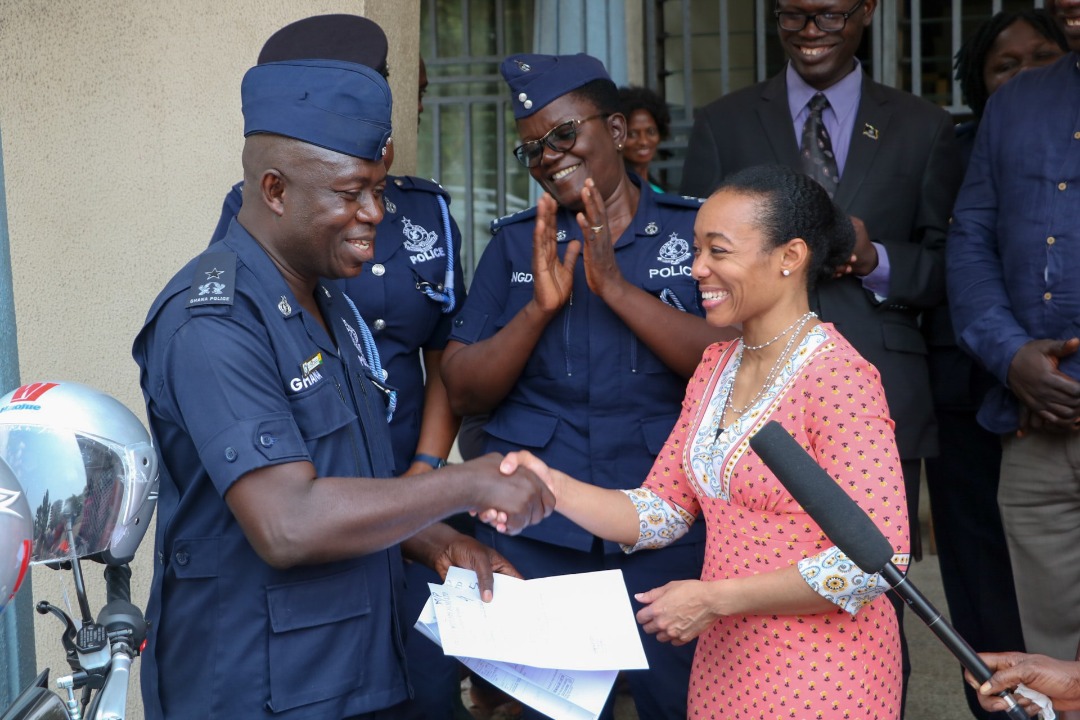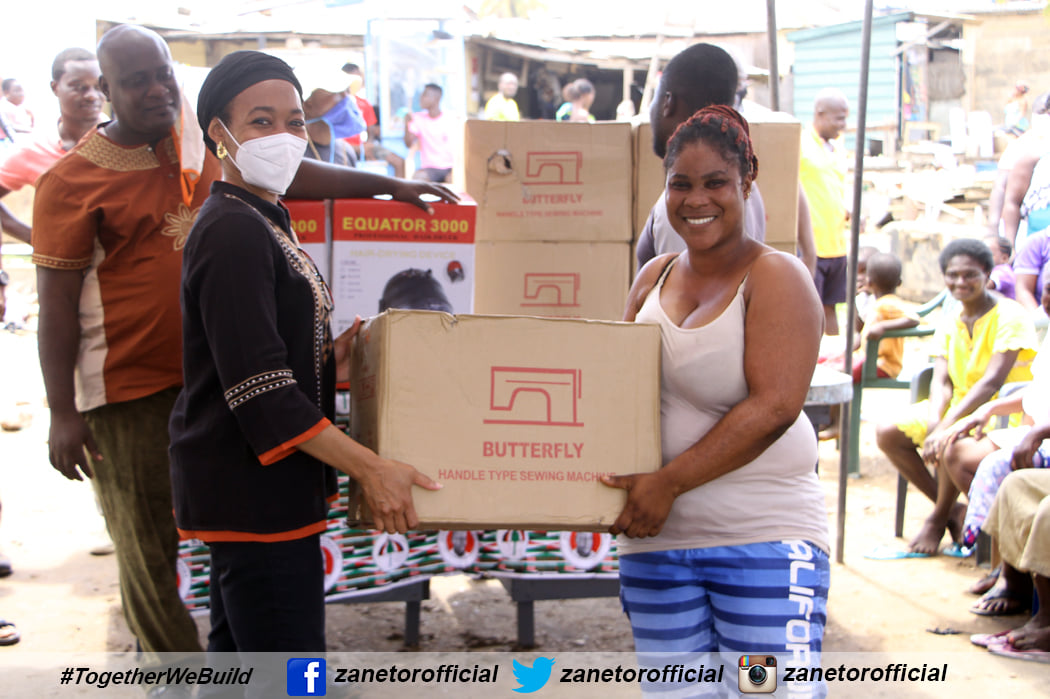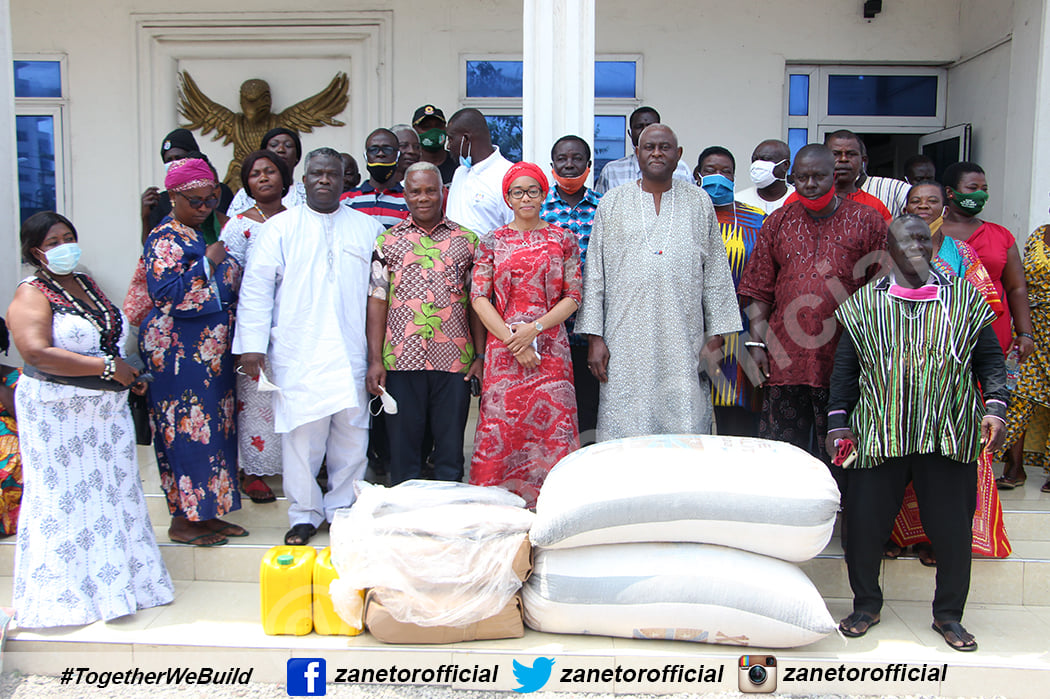Entertainment
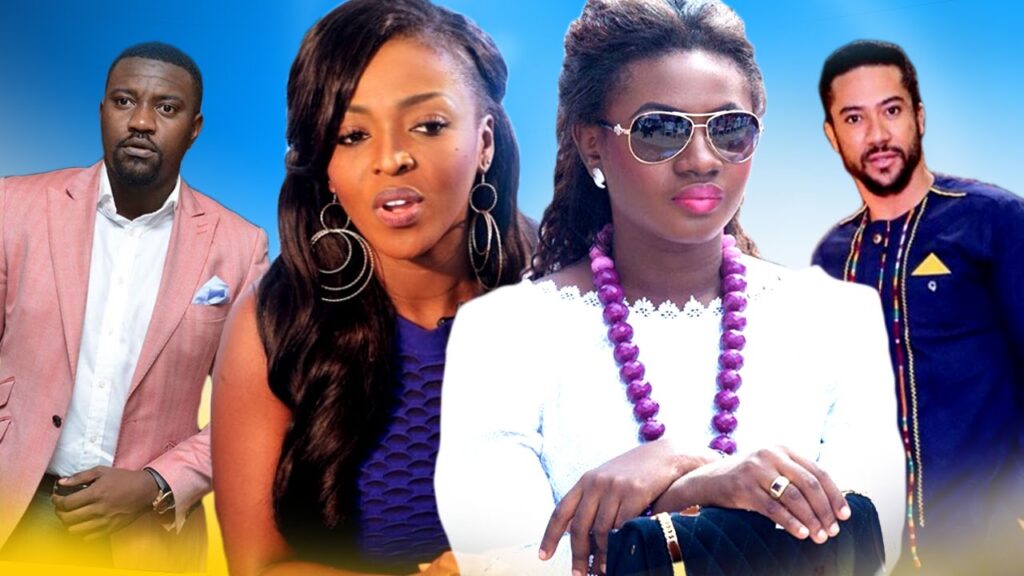
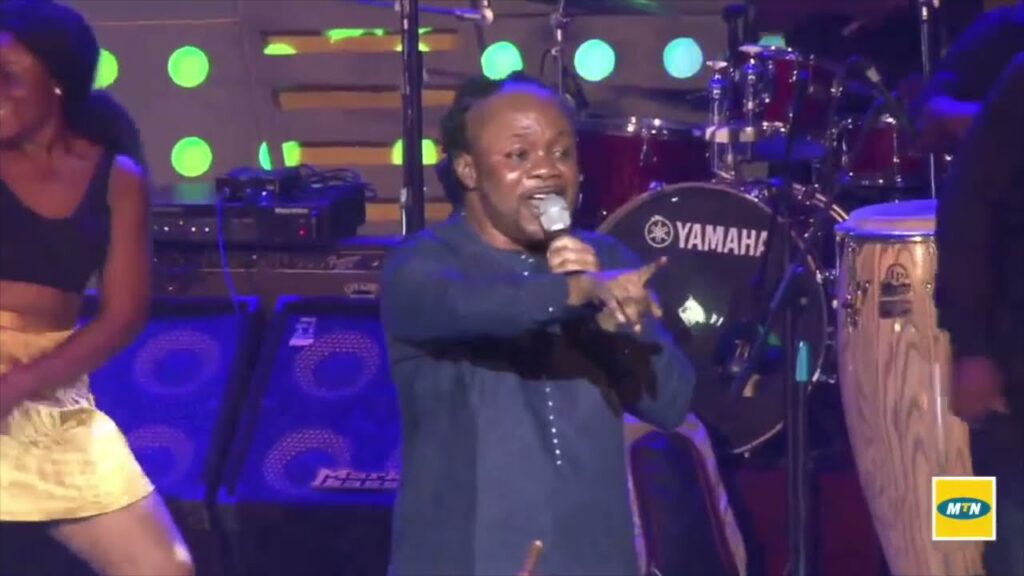
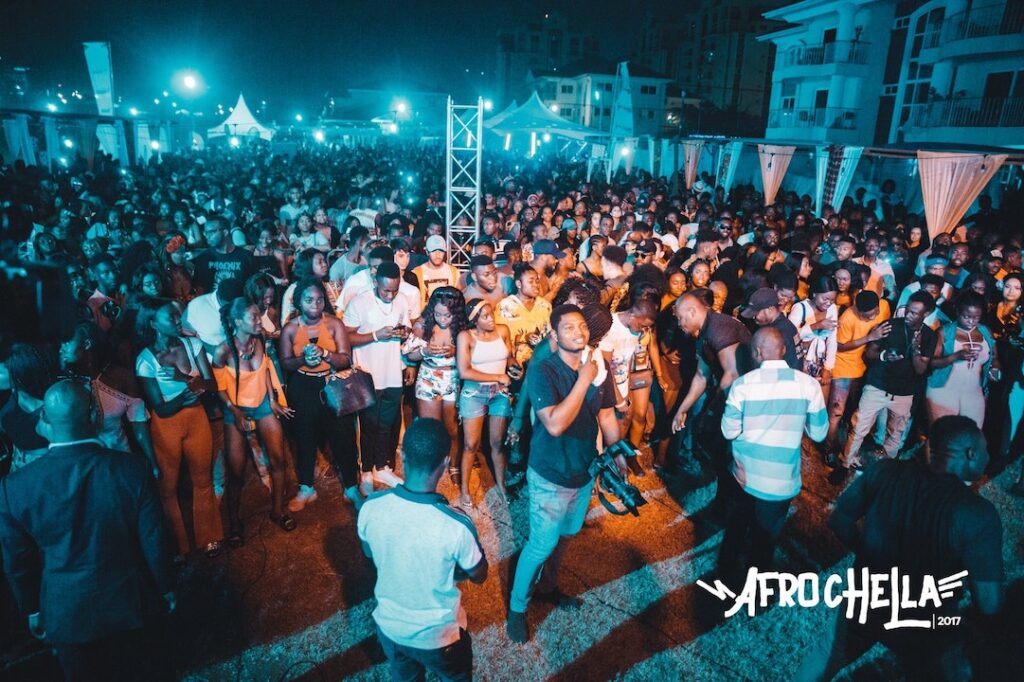
Entertainment in Ghana
Entertainment in Ghana
The music of Ghana is diverse and varies between different ethnic groups and regions. Ghanaian music incorporates several distinct types of musical instruments such as the talking drum ensembles,Akan Drum, goje fiddle and koloko lute, court music, including the Akan Seperewa, the Akan atumpan, the Ga kpanlogo styles, and log xylophones used in asonko music. The most well known genres to have come from Ghana are African jazz, which was created by Ghanaian artist Kofi Ganaba, and its earliest form and its earliest form of secular music, calledhighlife Highlife originated in the late 19th century and early 20th century and spread throughout West Africa. In the 1990s a new genre of music was created by the youth incorporating the influences of highlife, Afro-reggae, dancehall and hip-hop. This hybrid was called hiplife.
Ghanaian artists such as “Afro Roots” singer, activist and songwriter Rocky Dawuni, R&B and soul singer Rhian Benson and Sarkodie have had international success. In December 2015, Rocky Dawuni became the first Ghanaian musician to be nominated for a Grammy in the Grammy Award for Best Reggae Album category for his 6th studio album titled Branches of The Same Tree released 31 March 2015.
Ghanaian artists such as “Afro Roots” singer, activist and songwriter Rocky Dawuni, R&B and soul singer Rhian Benson and Sarkodie have had international success. In December 2015, Rocky Dawuni became the first Ghanaian musician to be nominated for a Grammy in the Grammy Award for Best Reggae Album category for his 6th studio album titled Branches of The Same Tree released 31 March 2015.
Ghana has a budding and thriving film industry. Ghana’s film industry dates as far back as 1948 when the Gold Coast Film Unit was set up in the Information Services Department. Some internationally recognised films have come from Ghana. In 1970, I Told You So was one of the first Ghanaian films to receive international acknowledgement and received great reviews from The New York Times. It was followed by the 1973 Ghanaian and Italian production The African Deal also known as “Contratto carnale” featuring Bahamian American actor Calvin Lockhart. 1983’s Kukurantumi: the Road to Accra, a Ghanaian and German production directed by King Ampaw, was written about by famous American film critic Vincent Canby. In 1987, Cobra Verde, another Ghanaian and German production directed by Werner Herzog, received international acclamation and in 1988, Heritage Africa won more than 12 film awards.
In recent times there have been collaborations between Ghanaian and Nigerian crew and cast and a number of productions turned out. Many Ghanaian films are co-produced withNollywood, the Nigerian film industry, and some are distributed by Nigerian marketers. Also, Nigerian filmmakers often feature Ghanaian actors and actresses in their movies and Ghanaian filmmakers feature Nigerian actors and actresses in theirs. Nadia Buari, Yvonne Nelson, Lydia Forson and Jackie Appiah all popular Ghanaian actresses and Van Vicker and Majid Michel both popular Ghanaian actors, both popular Ghanaian actors, have starred in many Nigerian movies. As a result of these collaborations, Western viewers often confuse Ghanaian movies with Nollywood and count their sales as one; however, they are two independent industries that sometimes share Nollywood. In 2009, Unesco described Nollywood as the second-biggest film industry in the world after Bollywood.

